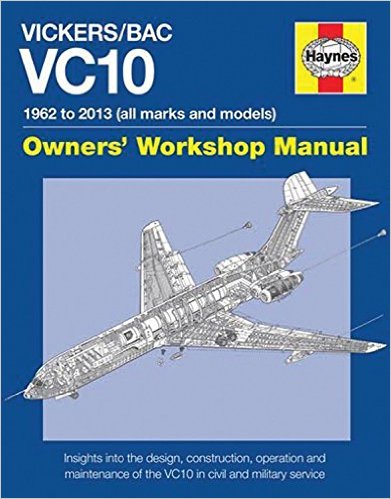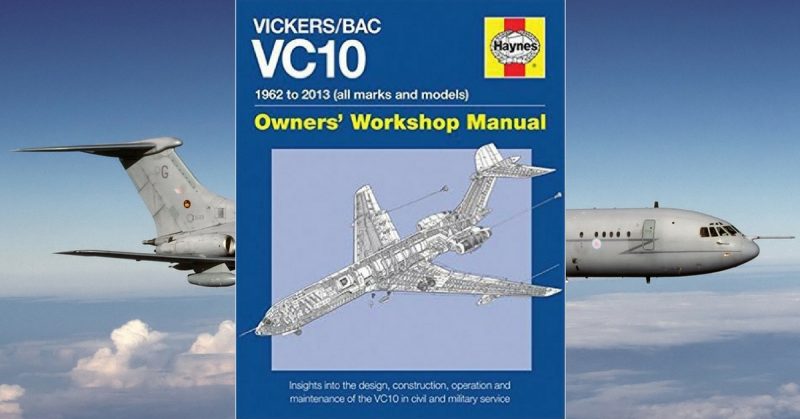If ever you find yourself at Duxford you will not be able to avoid seeing a Vickers VC10 airliner in classic BOAC livery. The old beast was one of a number built during the 1960s, and it pretty much represents the end of the line for big airliner manufacturing by British companies. The aircraft was born out of some very short-sighted decisions made by the British government that saw the cancellation of a bigger aircraft intended to compete with US built airplanes on the Atlantic routes. It was symptomatic of the times when totally viable designs were ditched thanks to some shocking thinking coming out of Westminster and elsewhere. It does not take hindsight to see what was happening – nothing less than the slow death of the British aircraft industry of those times.
Despite squandering any hope of competing with the likes of Boeing and McDonnell Douglas, the powers that be understood: there were places on the map where British planes could rule the roost. So there was a bit of a fudge and a fresh design – the VC10 – was chosen to service the Empire air routes to the cities in former colonies at a time when the sun had firmly set on the colonial age. Vickers sold planes in Africa and the Middle East, but the biggest customer was BOAC followed by British United Airways, a company that was sold to British Caledonian in 1970. BCAL was absorbed into British Airways in 1987.
As the aircraft were gradually sold off, they found a surprising new home in the hands of the Royal Air Force who used them to transport personnel near and far. Some of these aircraft were eventually converted into tankers and saw a lot of operational use especially during the Gulf War of 1991. The VC10 enjoyed a sterling career with the RAF, but they are all gone now. Some exist in museums, but the vast majority went before the scrapman’s torch.
This latest manual from Haynes conforms to the format we have come to know in this series of books. Keith Wilson takes us through the development of the aircraft followed by a good look at civil and military operations. We can enjoy a whole chapter on flying the aircraft and more on maintaining the old girls. Mr. Wilson concludes with a look at surviving airframes.
I sometimes wonder if these consistently superb books can actually be reviewed in the normal sense. The last one I saw was quite different in that it was presented in a much more personal way. As I said, this one is more true to type, but I do not have an issue with that at all.
The classic era of jet airliners before they all started to look the same is something to treasure. The VC10 with its huge distinctive tailplane fits right into the times. It is really pretty cool to know the RAF got such good use out of them and the images included in this book showing air-to-air refueling and other scenes are quite stirring.
All in all this volume is absolutely on the button. Haynes have got too good at this stuff to screw up, and they choose their authors with care. Mr. Wilson has produced an entertaining and informative history wrapped up in Haynes’ tried and tested house style. The book looks good, but it has to be said the aircraft really helps with that. The VC10 is a real looker, and this book had little difficulty putting a smile on my face.
If you are nostalgic for the days of Britain’s great airliners and the era of RAF service, then you will not be disappointed. This is a book for aircraft buffs, pure and simple. Recommended.
Reviewed by Mark Barnes for War History Online.

VICKERS/BAC VC10
1962 to 2013 (all marks and models)
Owners’ Workshop Manual
Haynes Publishing
ISBN: 978 0 857333 799 3
 Photo Credit."
title="
Photo Credit."
title="